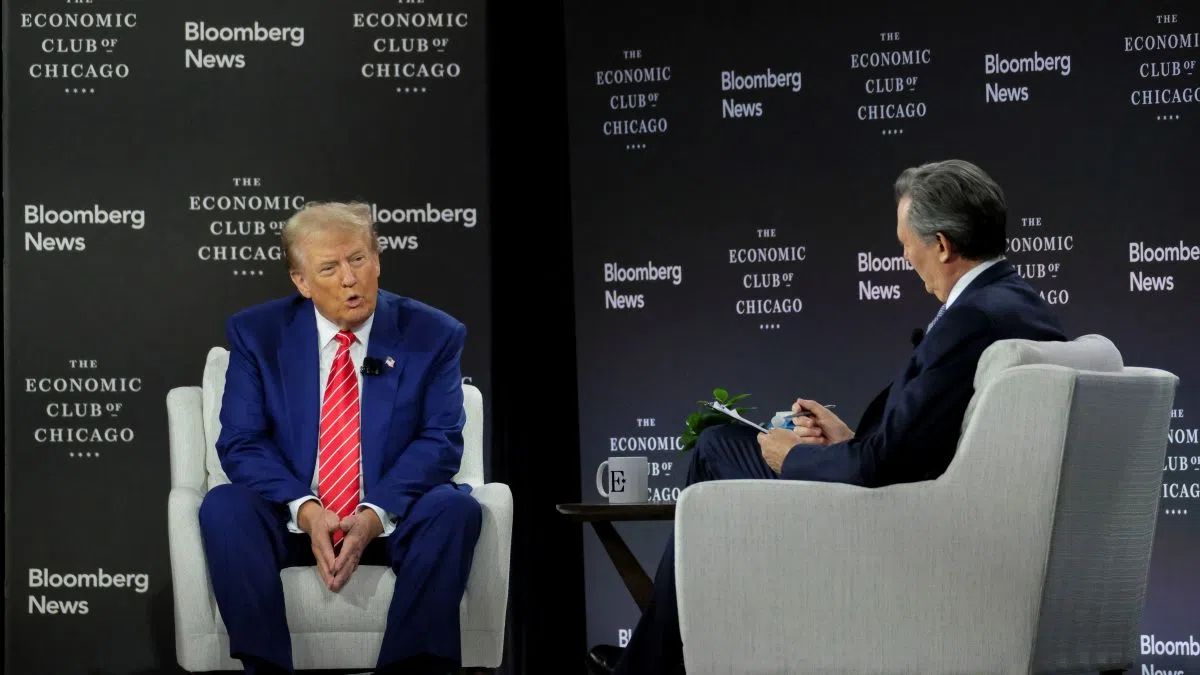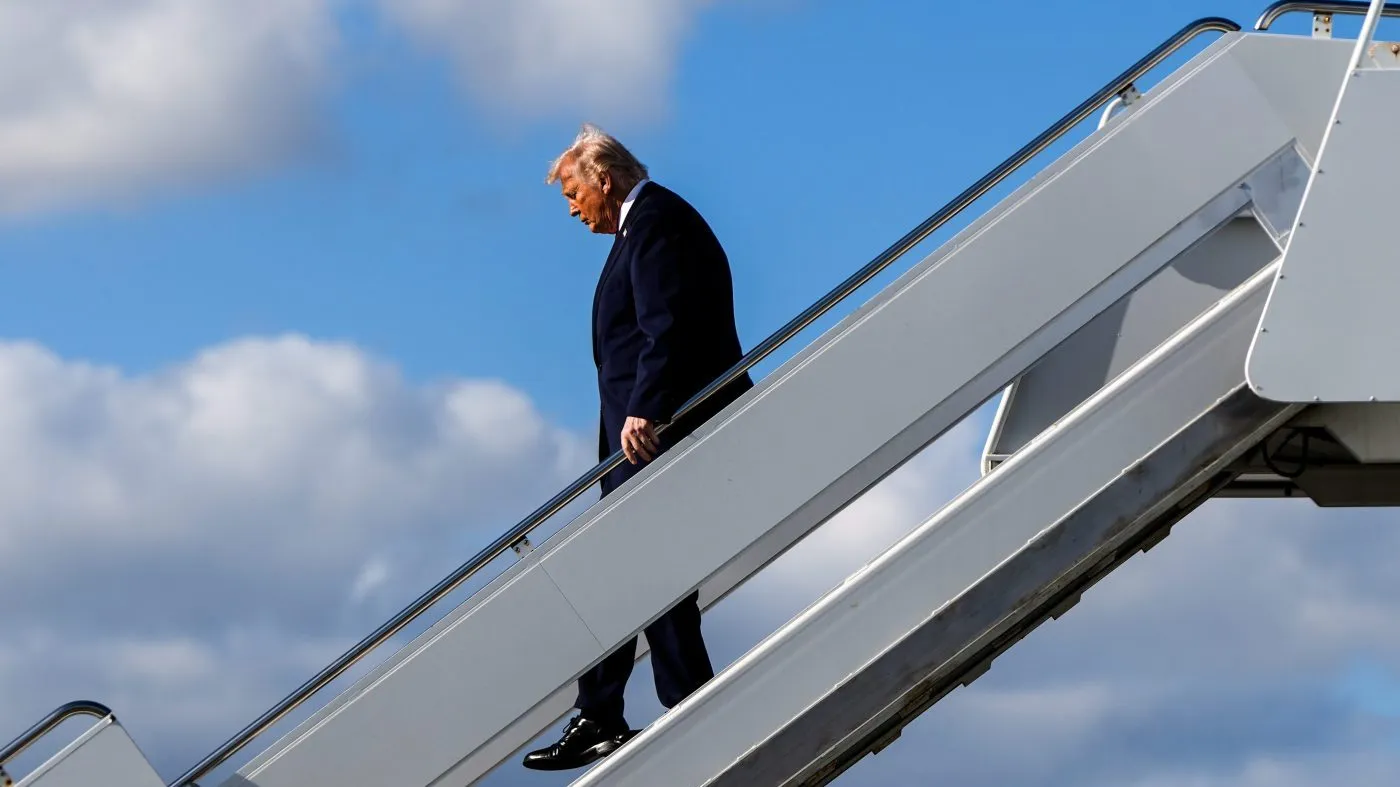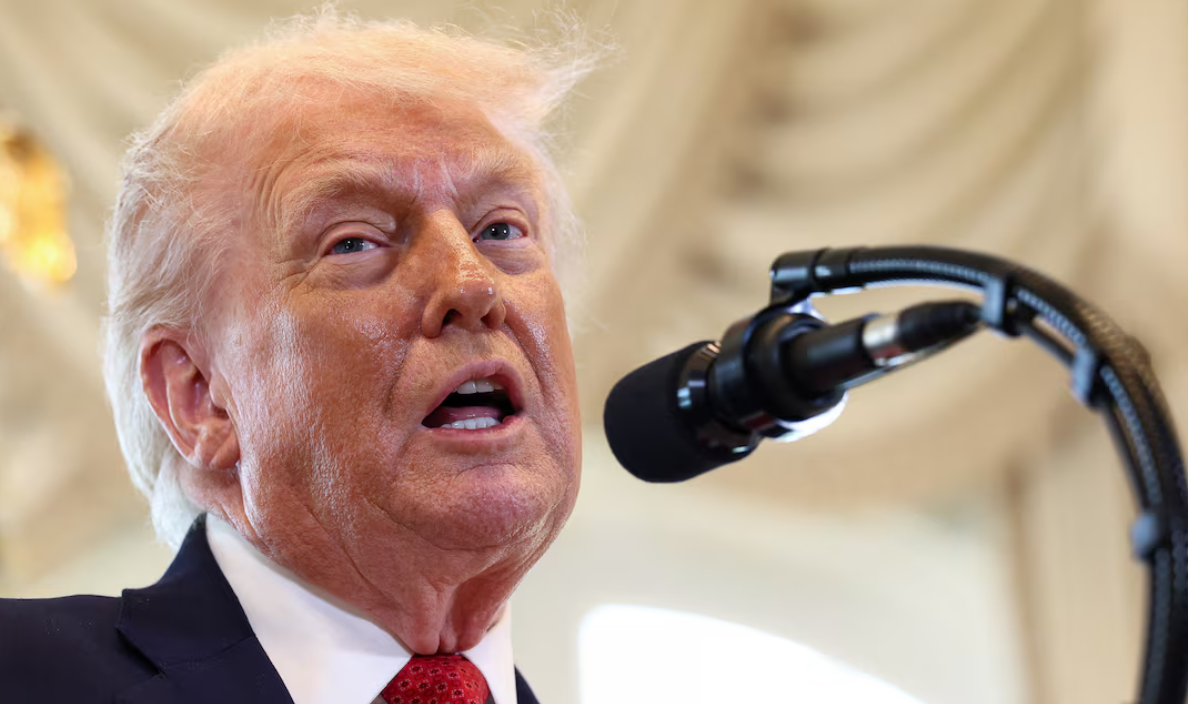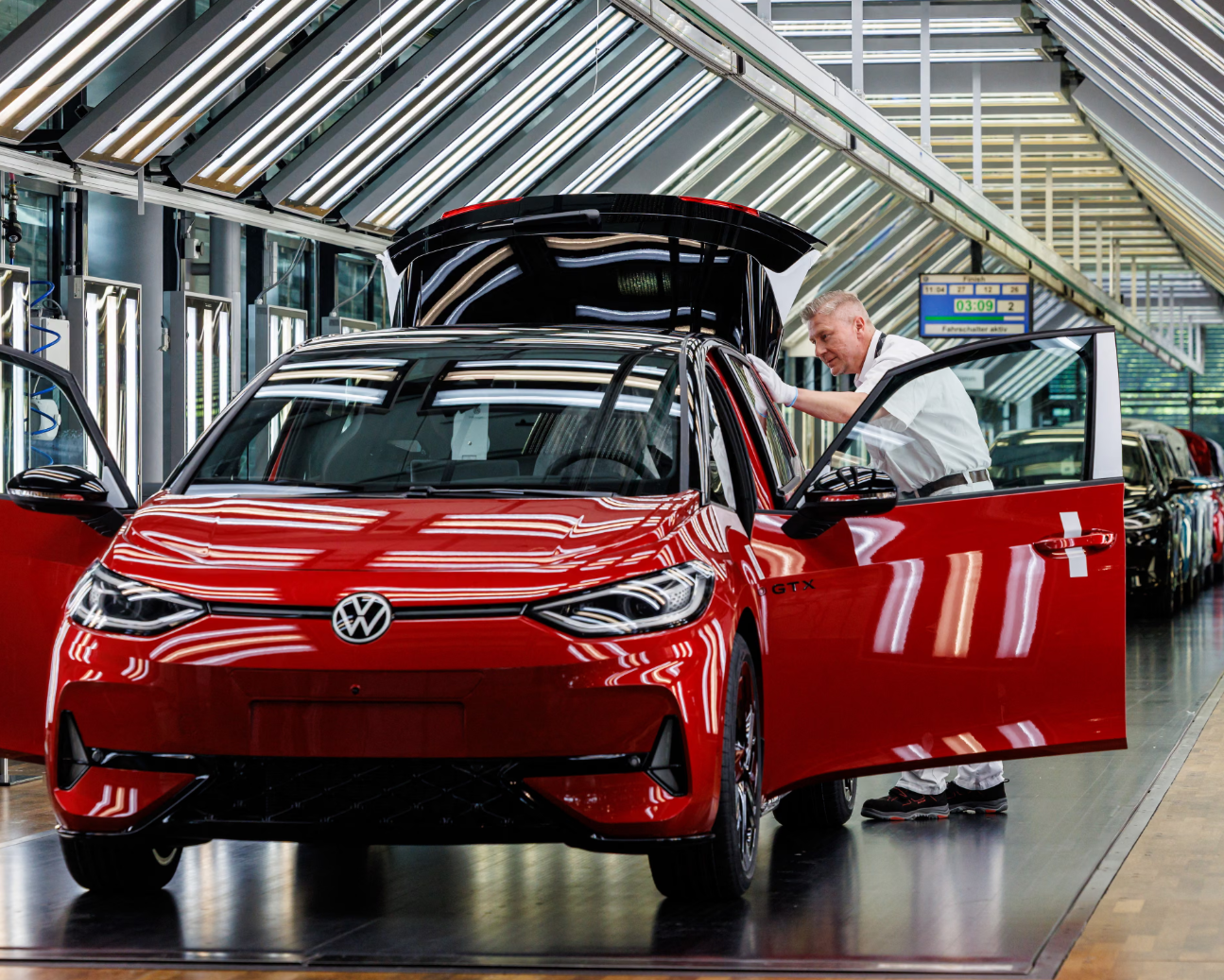Oct 15 (Reuters) – Republican presidential candidate Donald Trump on Tuesday defended his protectionist trade policies and other fiscal proposals, dismissing suggestions that they could drive up the federal debt, antagonize allies and harm the U.S. economy.
“We’re all about growth. We’re going to bring companies back to our country,” the former president said in a sometimes-tense interview at the Economic Club of Chicago.
The interviewer, John Micklethwait, editor-in-chief of Bloomberg News, cited projections by budget analysts that Trump’s plans would add $7.5 trillion to the federal debt through the year 2035, more than twice that of policies favored by Trump’s Democratic opponent in the Nov. 5 election, Vice President Kamala Harris.
Trump maintained that his trade policies – which call for pricey tariffs on goods not only from rivals such as China but allies such as the European Union – would revitalize American manufacturing and yield enough revenue to ease concerns about ballooning the deficit.
“To me, the most beautiful word in the world is ‘tariff,'” Trump said.
In a later all-women Fox News town hall event in Atlanta, taped for broadcast on Wednesday, Trump said he would work toward more tax breaks for lower-income Americans.
“W e’re going to readjust things so that it’s fair to everybody, because it’s really not fair to everybody,” he said. “It’s unfair to some people and we’re not going to have that.”
Some trade experts have argued Trump’s proposed tariffs could damage the U.S. economy, jeopardize jobs and drive up consumer prices.
“All you have to do is build your plants in the United States, and you won’t have any tariffs,” Trump said. “I agree it’s going to have a massive effect, a positive effect, not a negative.”
Trump reiterated that he would levy a high tariff on vehicles assembled in and imported from Mexico – as high as 200%, he said. And he said he would impose duties on imported cars from countries such as Germany in order to force foreign companies to manufacture their products in the U.S.
When Micklethwait told Trump those efforts might annoy allies the U.S. needs to compete against China, Trump responded by saying, “Our allies have taken advantage of us more than our enemies.”
As president from 2017 to 2021, Trump imposed punitive tariffs on imported washing machines, solar panels, steel, aluminum and goods from China and Europe.
Trump’s sit-down with Micklethwait was a departure from typical interviews on his economic plans, which involve more friendly broadcasters, such as Fox News’ Maria Bartiromo and Larry Kudlow, who served as Trump’s top economic adviser in the White House.
A supportive crowd in the room often cheered his comments and booed some of Micklethwait’s questions.
Trump appeared to back away from previous comments that as president, he should be able to exert control over the Federal Reserve.
“I think I have the right to say I think you should go up or down a little bit,” Trump said, referring to setting interest rates. “I don’t think I should be allowed to order it, but I think I have the right to put in comments as to whether or not the interest rates should go up or down.”
He didn’t answer when asked whether he would remove Fed Chair Jerome Powell.
WEIGHING IN
The interview covered a wide range of topics beyond the economy, with Trump characteristically refusing to directly answer some questions, changing the subject, indulging in extended tangents and criticizing Micklethwait.
Asked if he had spoken with Russian President Vladimir Putin since leaving the White House, Trump said: “I don’t comment on that, but I will tell you that if I did, it’s a smart thing. If I have a relationship with people, that’s a good thing, not a bad thing.”
He did not respond directly when asked if the U.S. would defend Taiwan if it were invaded by China.
“The reason (China is) doing it now is they’re not going to do it afterward,” he said.
Asked if he would try to break up tech giant Alphabet’s Google, Trump suggested it was “rigged” against him and said, “I’d do something.”
Trump again defended his actions in the wake of the 2020 election and refused to say whether he would accept the 2024 election results and agree to a peaceful transfer of power should he lose.
He insisted there was a peaceful transfer of power after his 2020 loss, shrugging off the events of Jan. 6, 2021, when his supporters stormed the U.S. Capitol to halt certification of the election. Four participants died during the chaos and five police officers died afterward, some by suicide.
“It was love and peace and some people went to the Capitol and a lot of strange things happened there,” Trump said.




